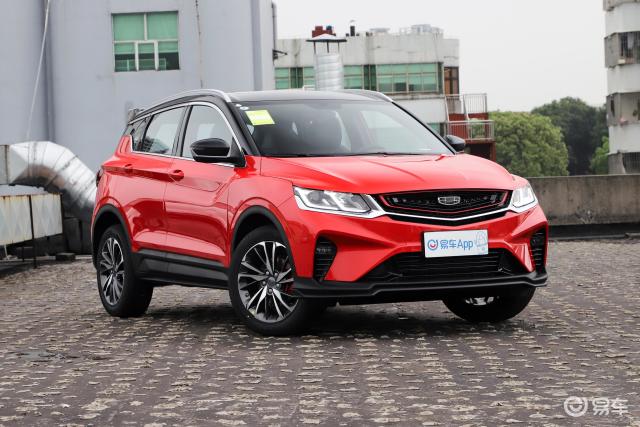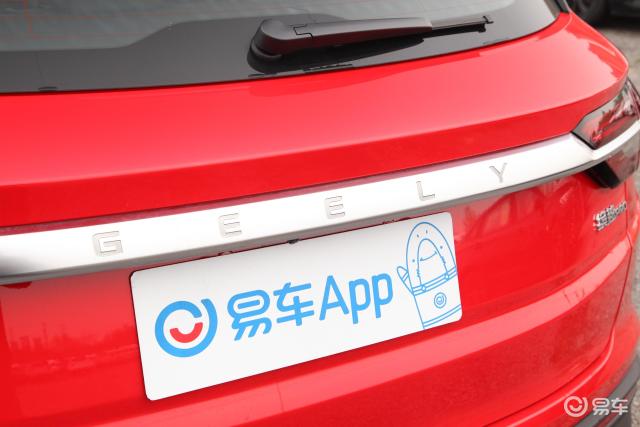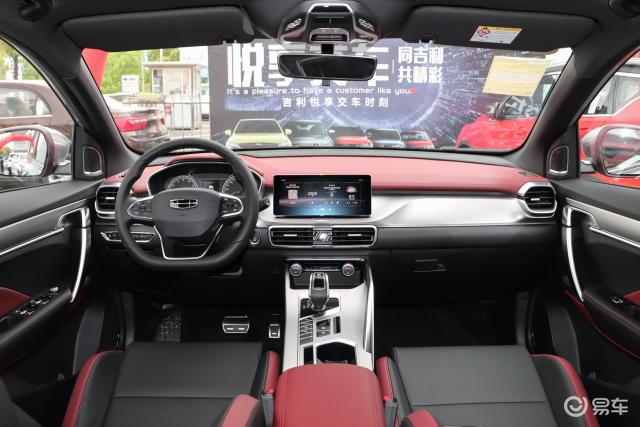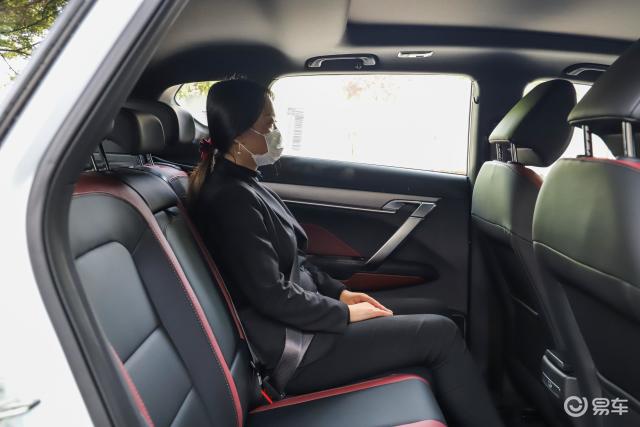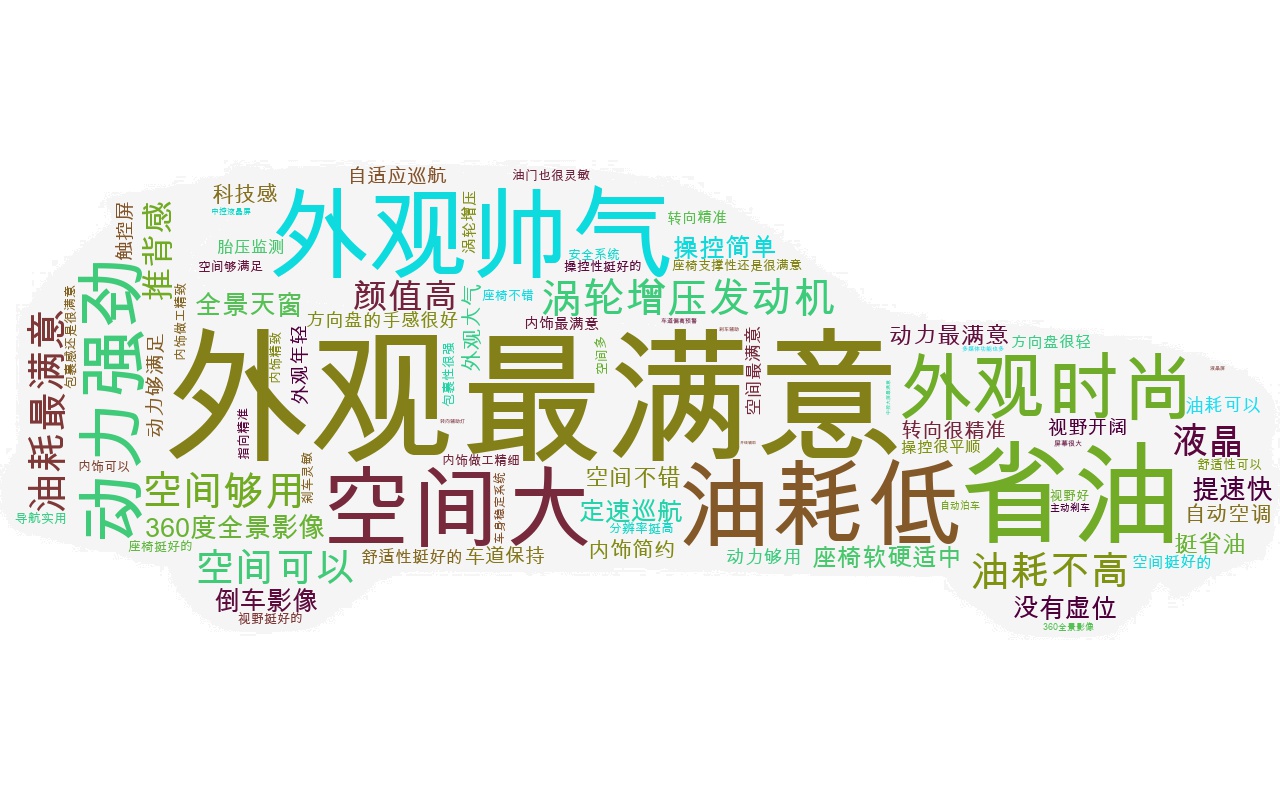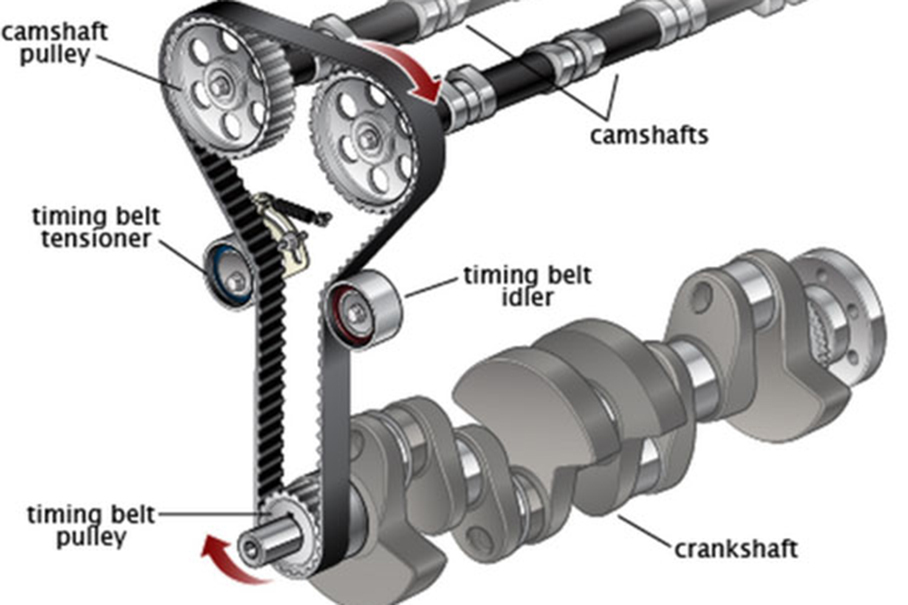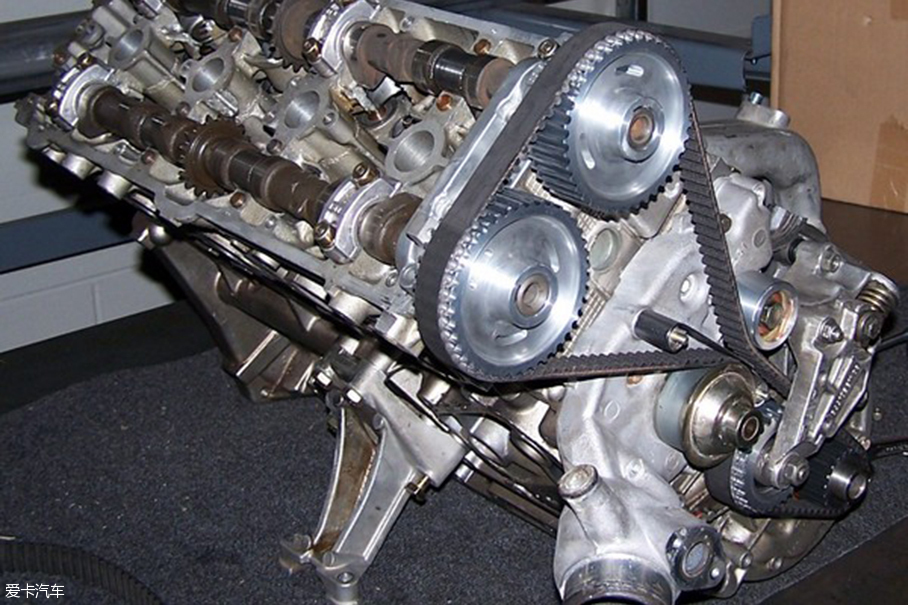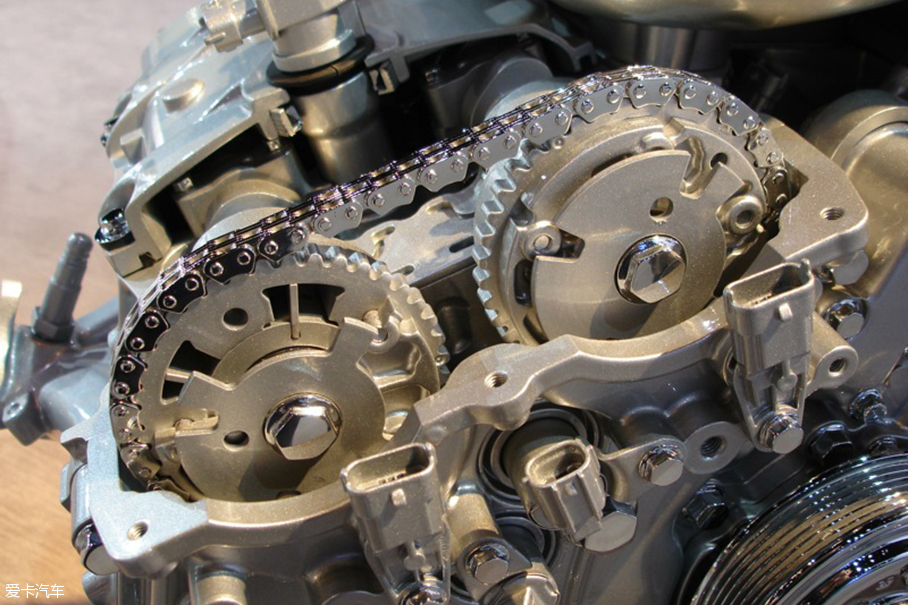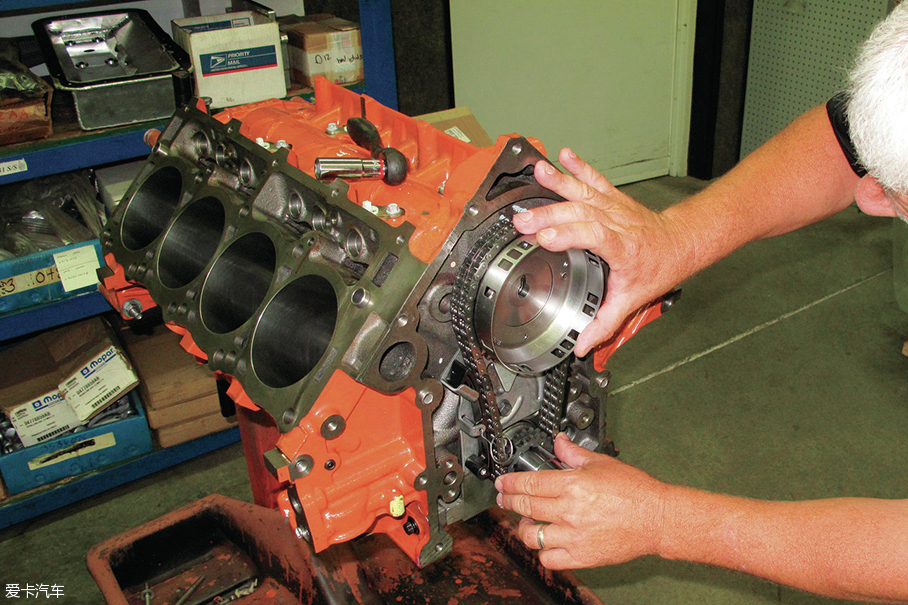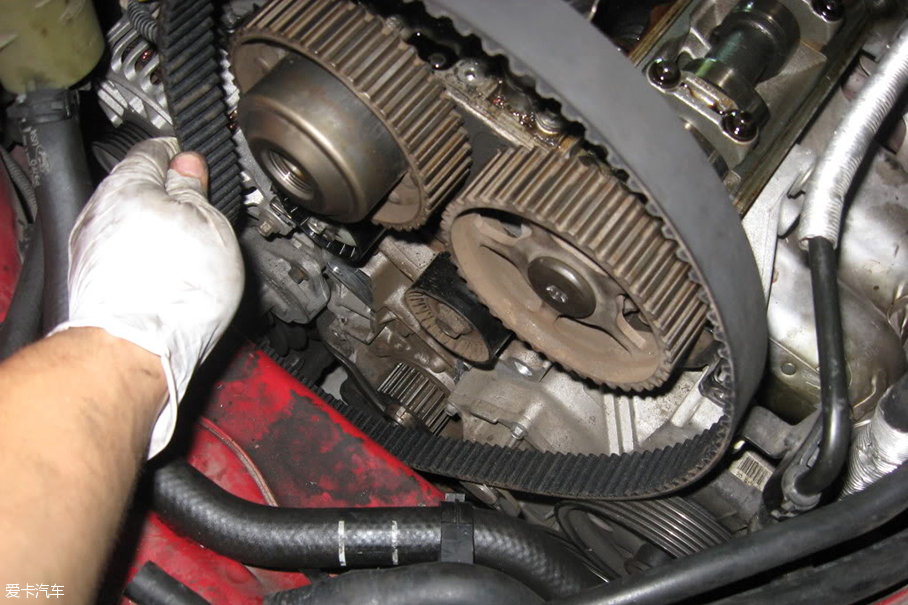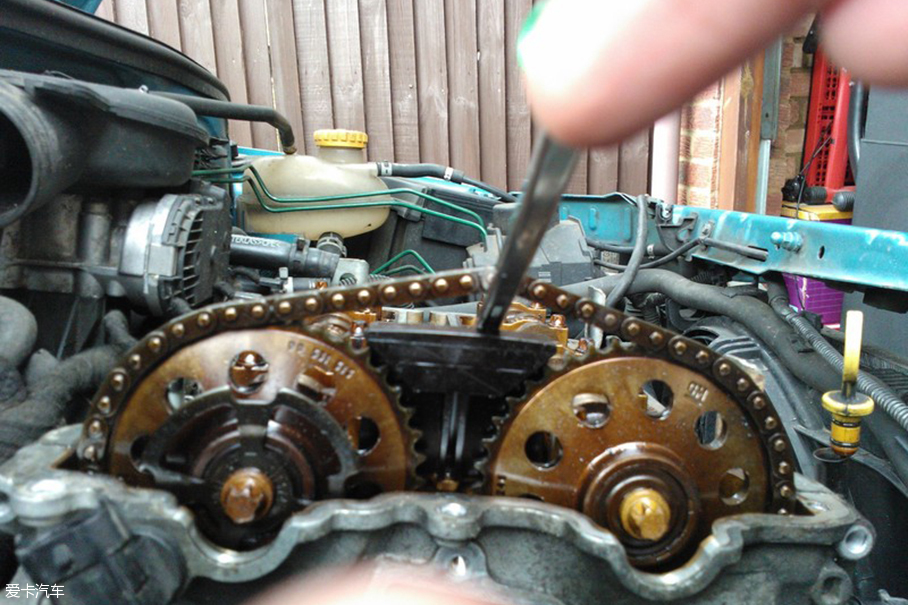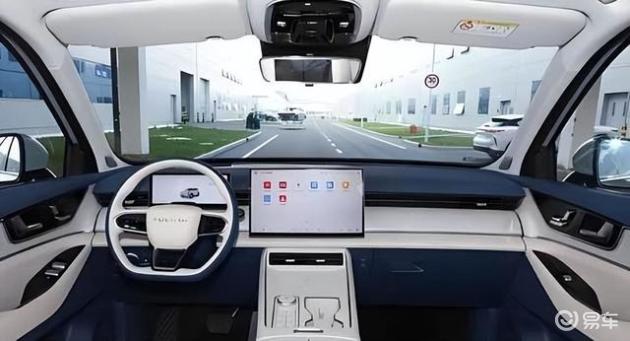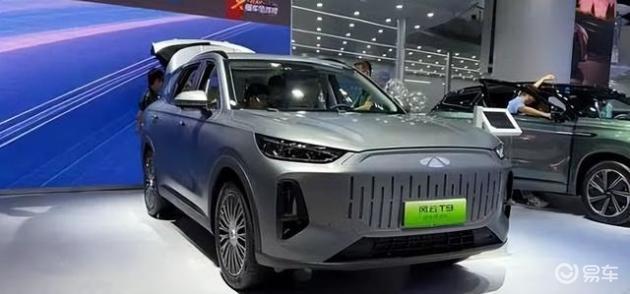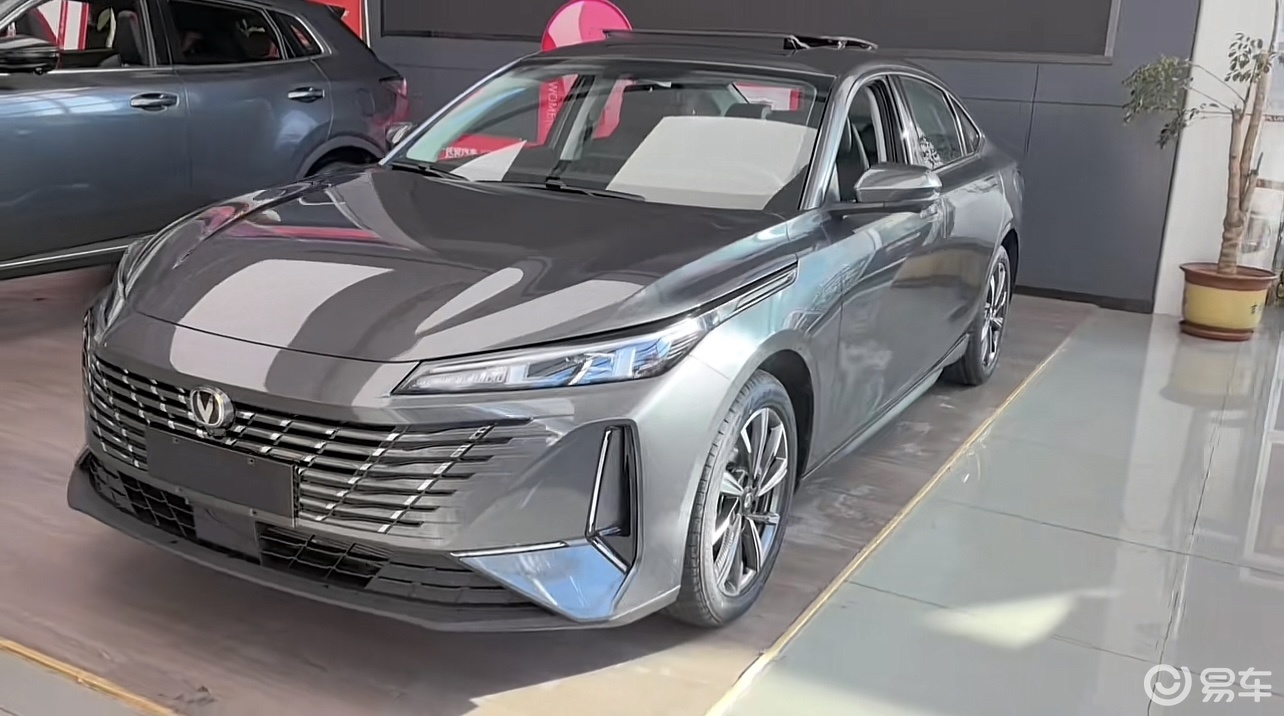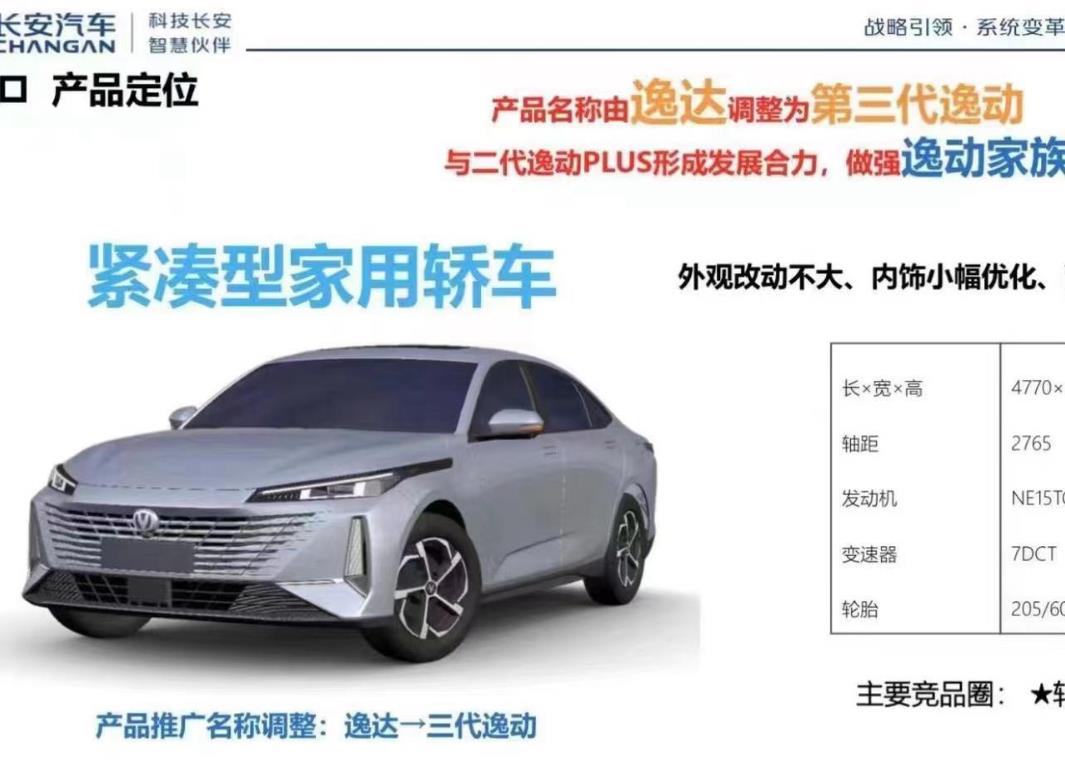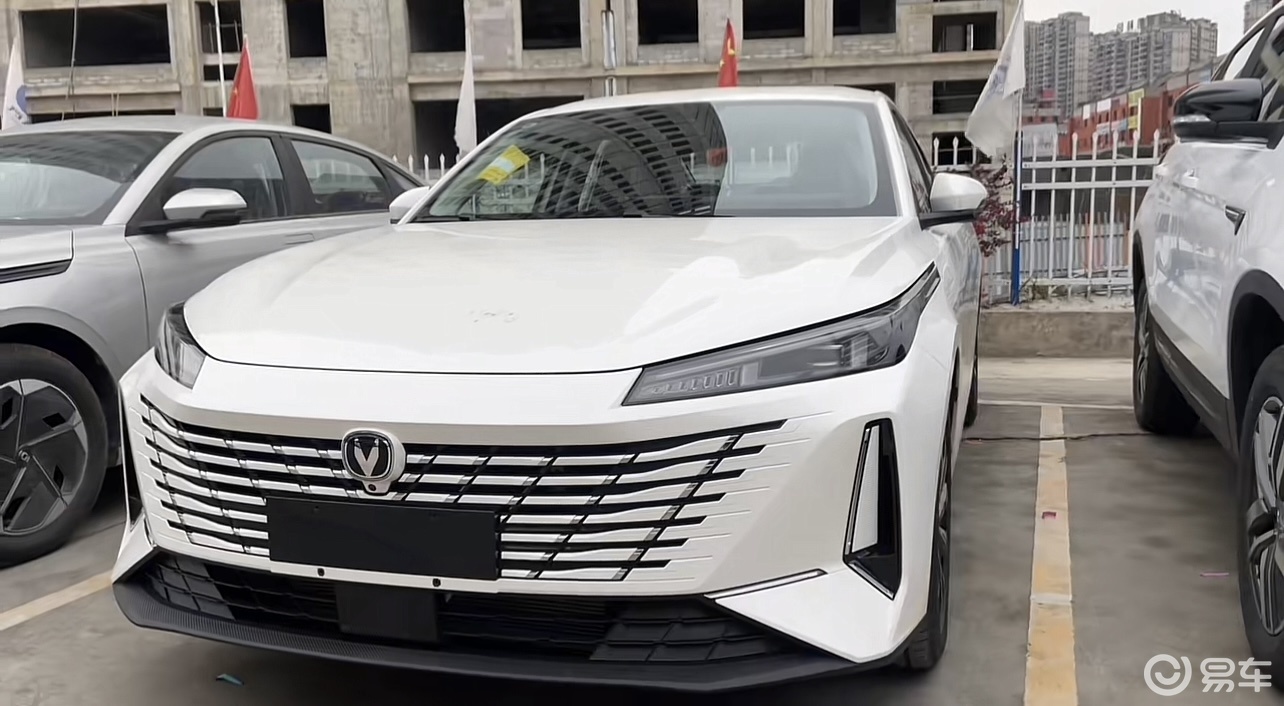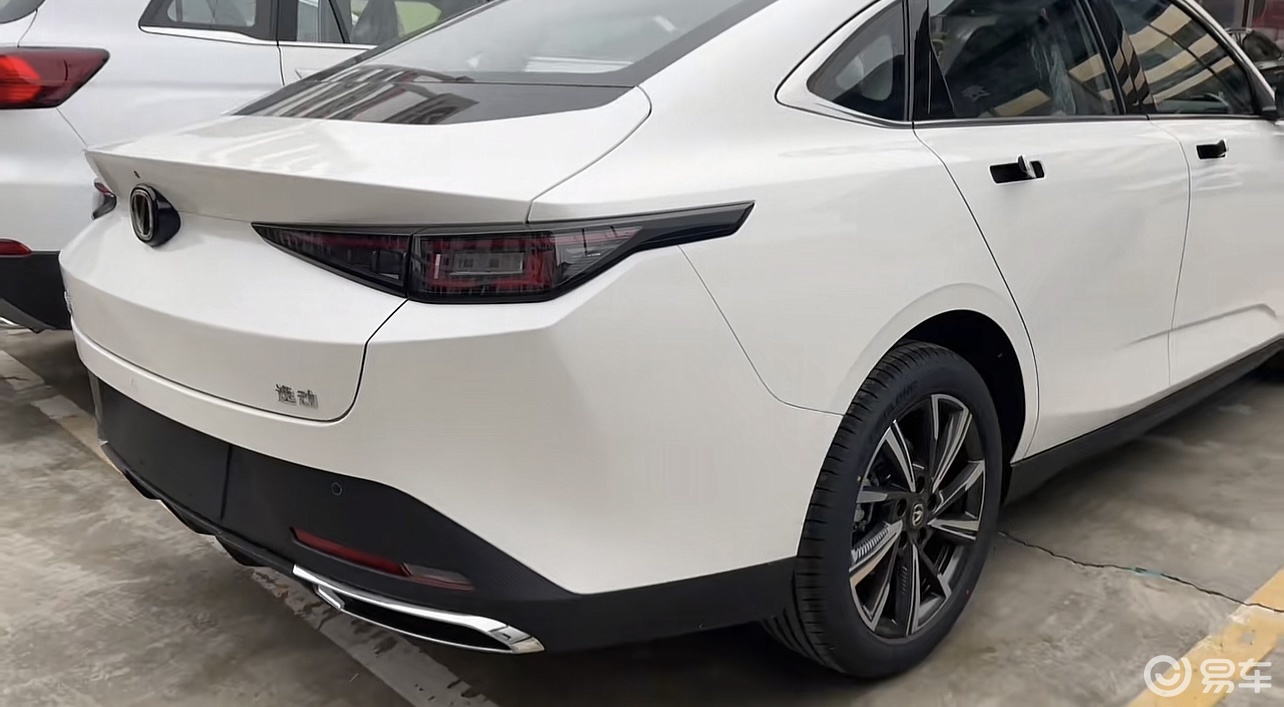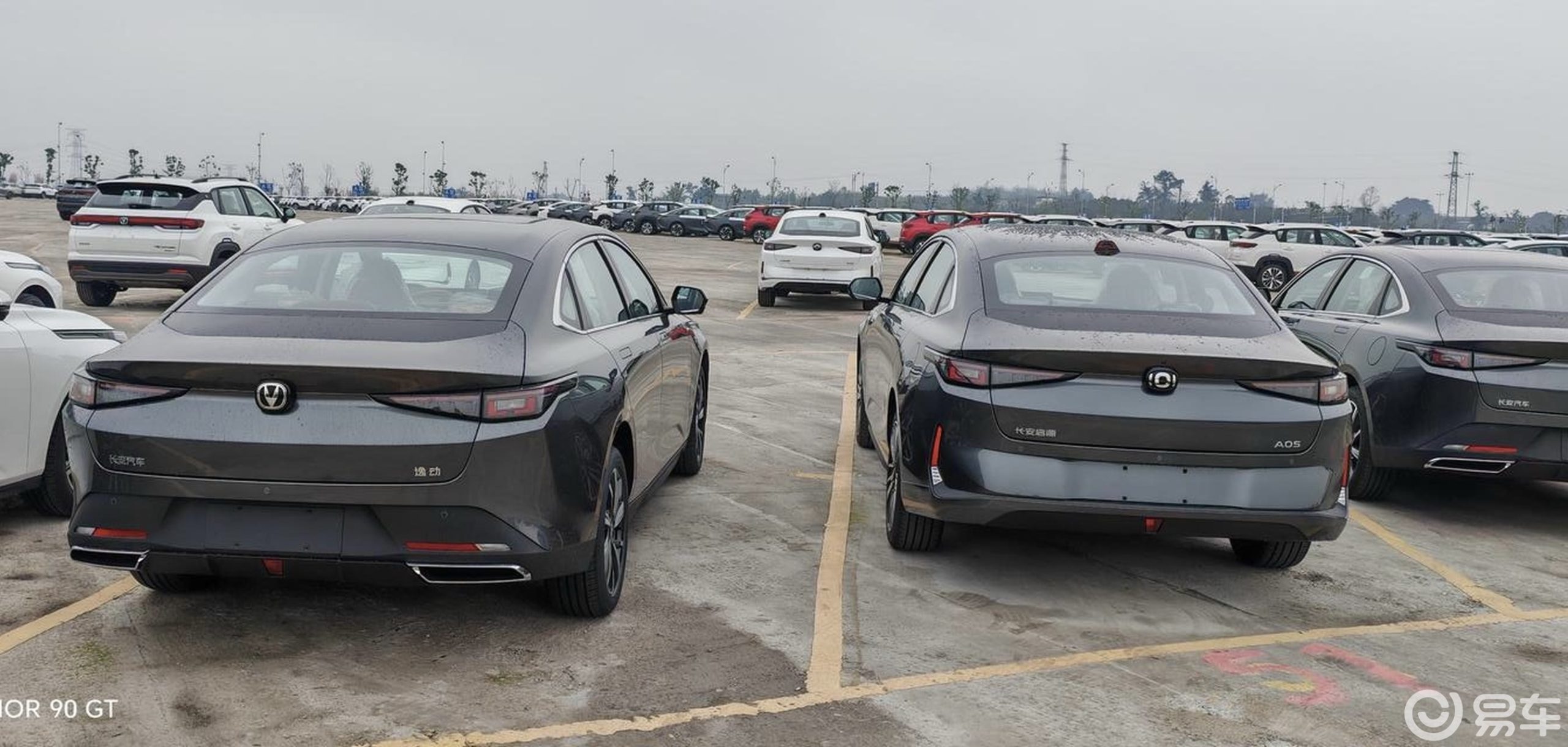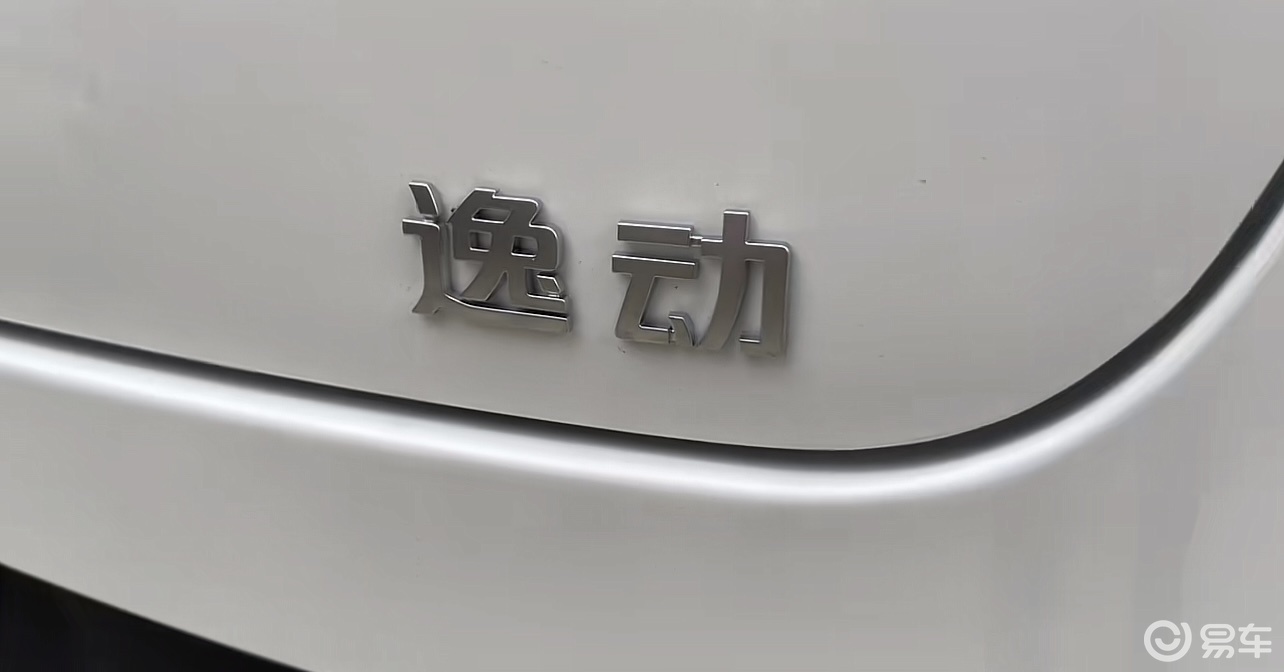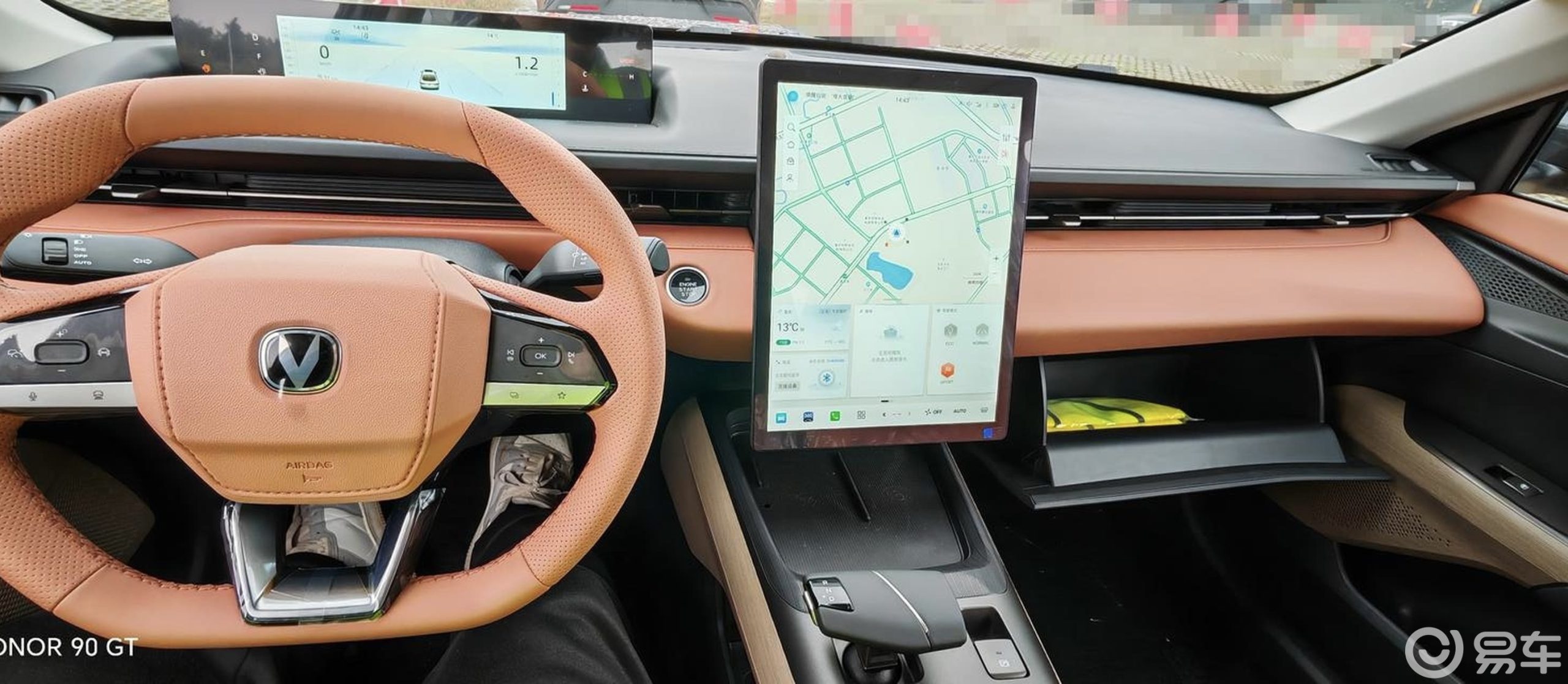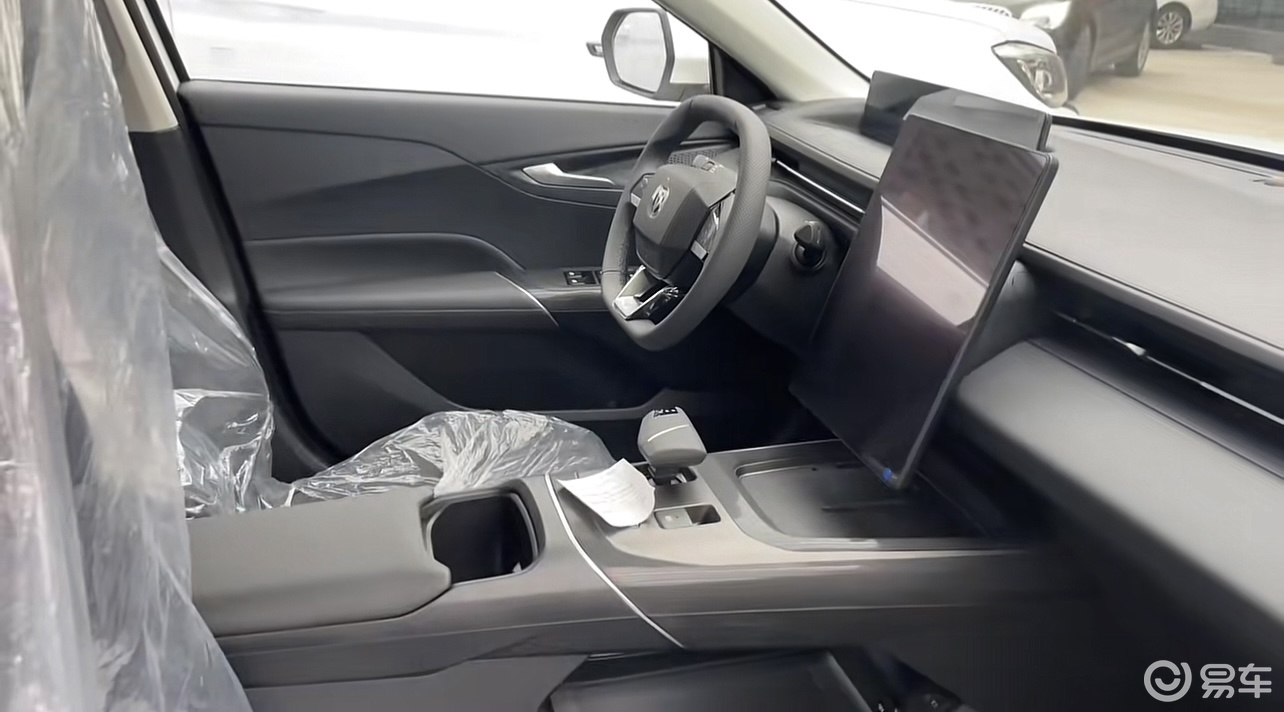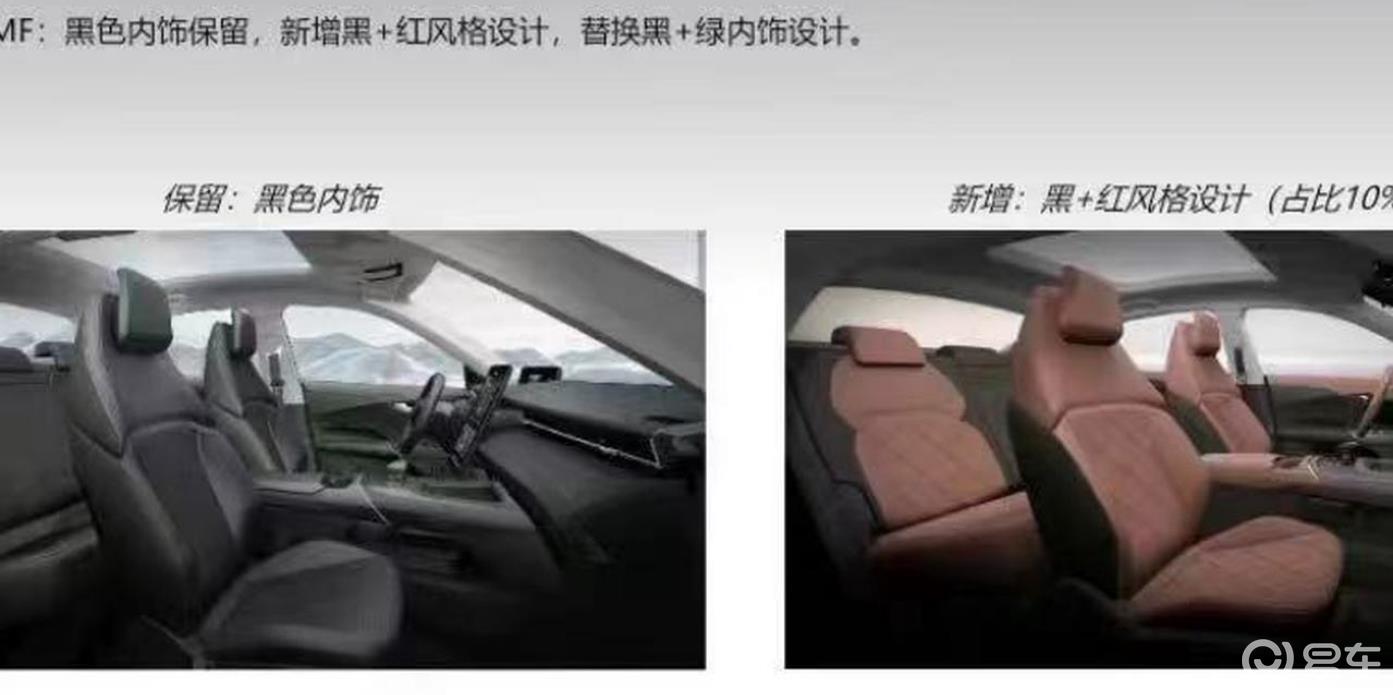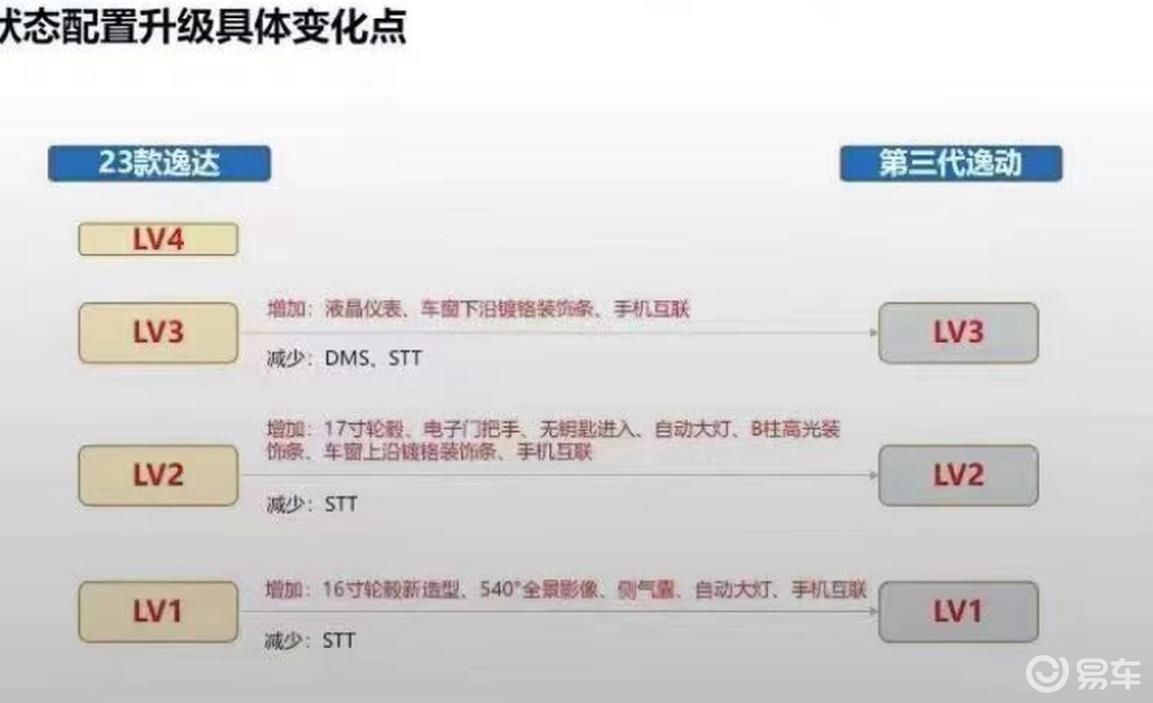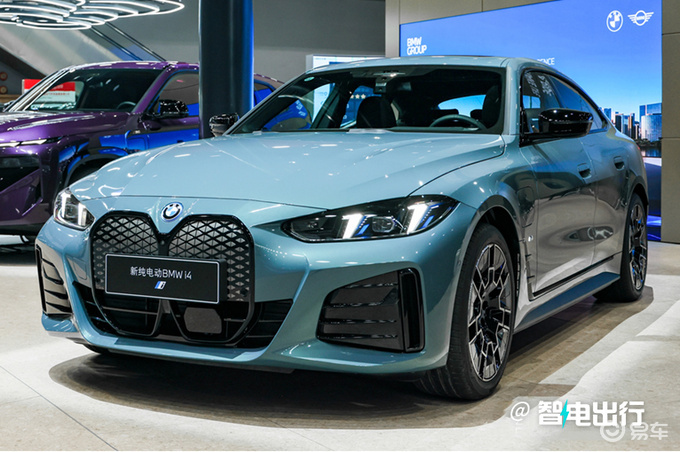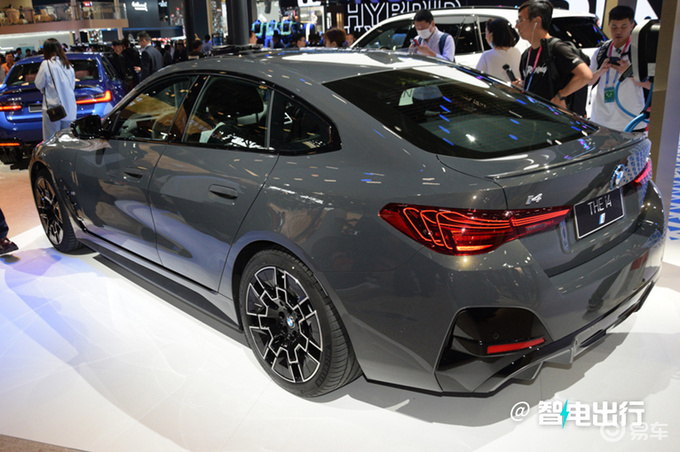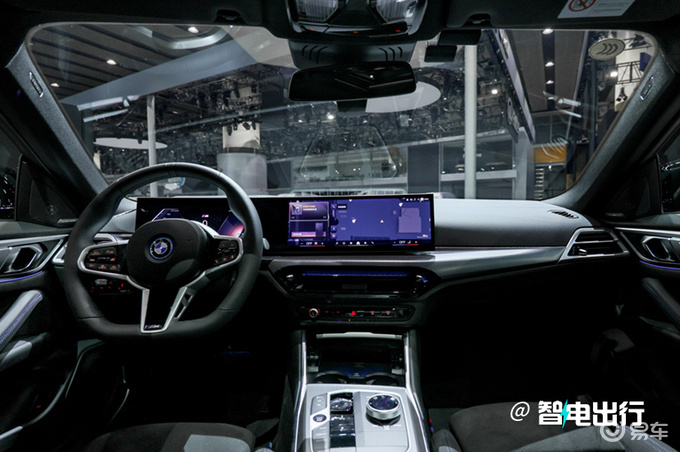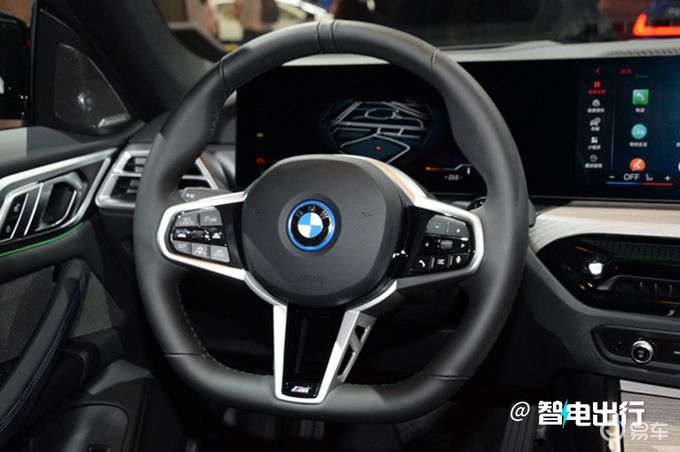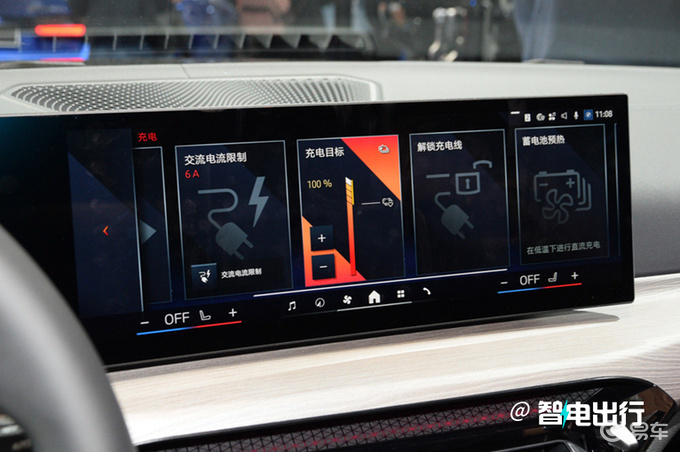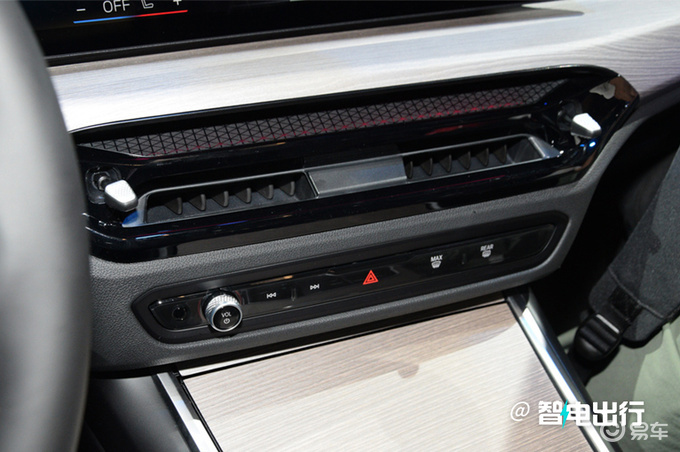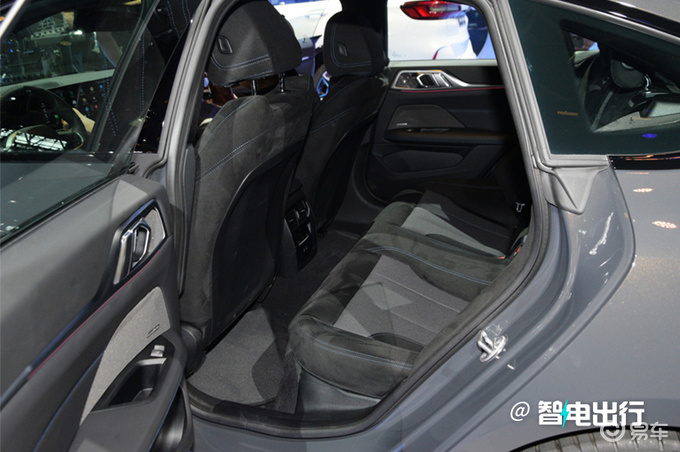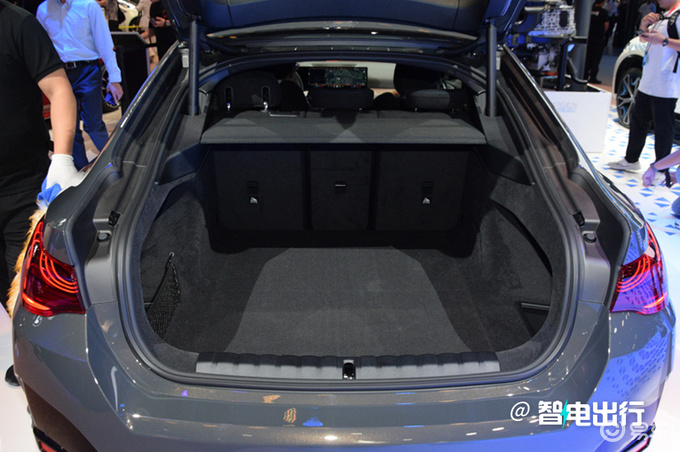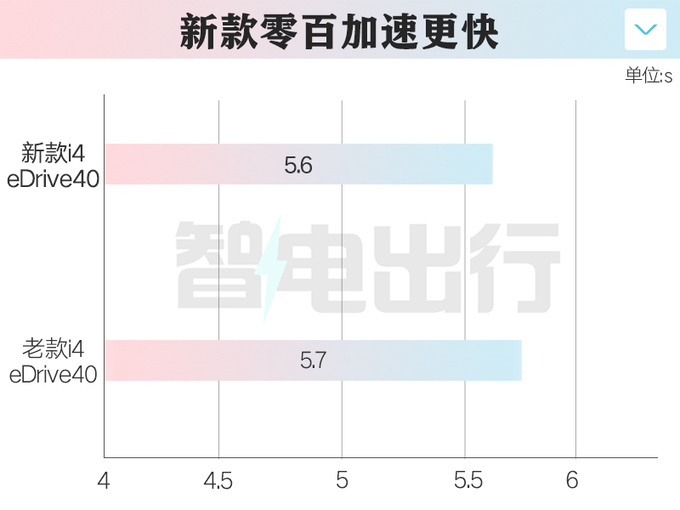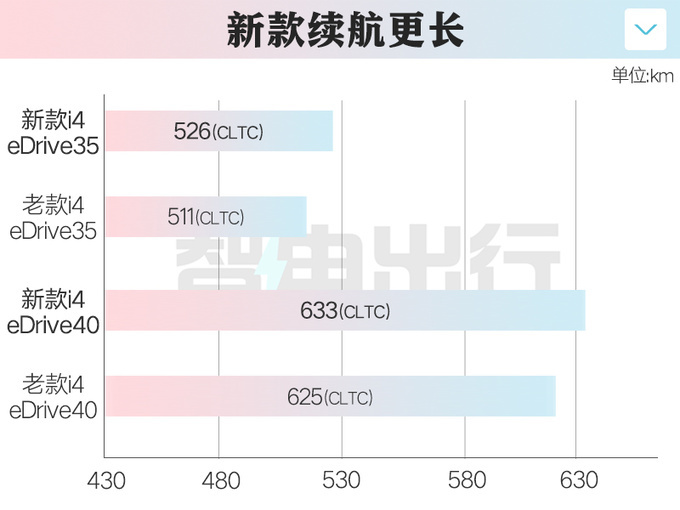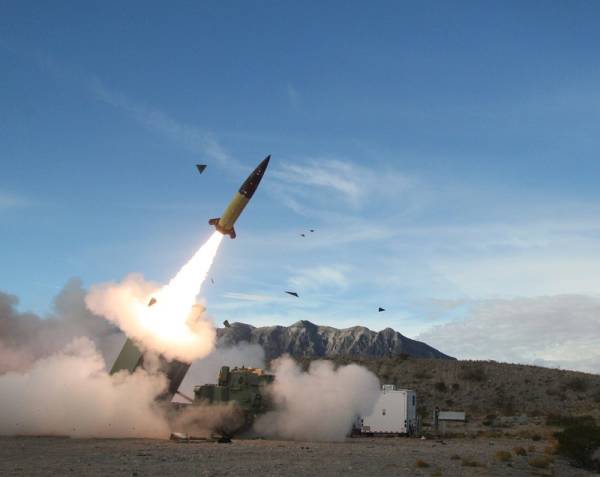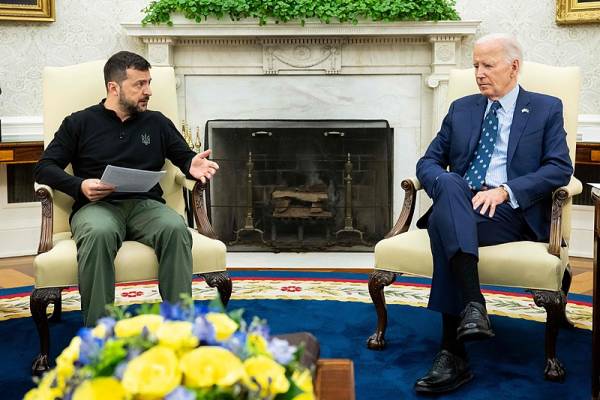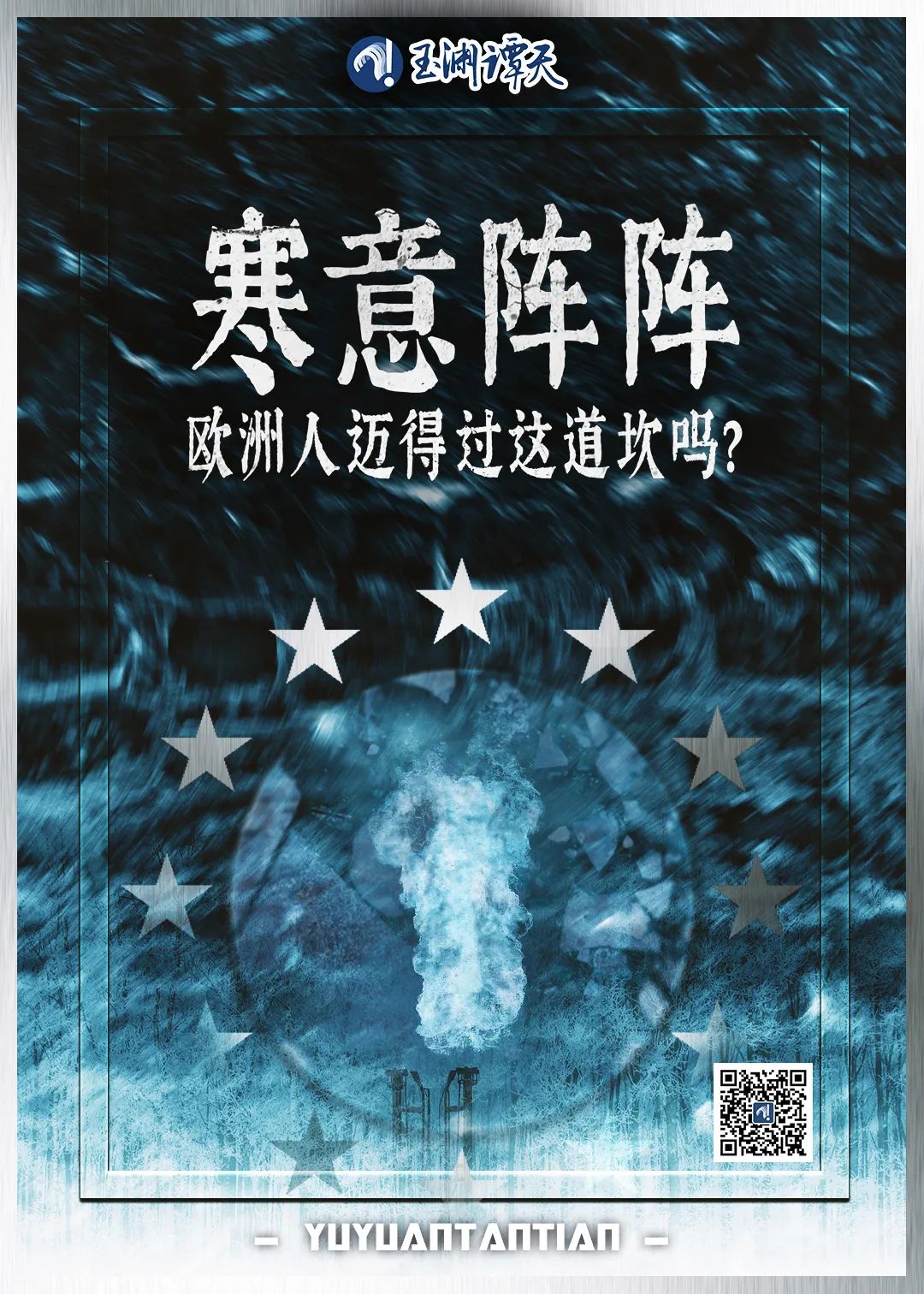
When the weather turns cold, the chill that Europeans feel may be unprecedented:
After a three-day overhaul, Gazprom announced that the "Beixi -1" natural gas pipeline would not resume gas supply on schedule due to multiple equipment failures.
On August 31st, the "Beixi -1" natural gas pipeline began to be overhauled, and the gas supply was stopped again.
After Gazprom just announced the news of stopping gas, the price of natural gas in Europe rose for nearly a week, with an increase of nearly 40%.
Every time the flow of "Beixi -1" natural gas pipeline decreases, it is a turning point for the price of natural gas in Europe to jump:
From June 16th, the gas supply of "Beixi -1" was reduced to 40%, and on the 15th, the price of natural gas in Europe rose by 24%.
Since July 27, the gas supply of "Beixi -1" has been reduced to 20%, and the price of natural gas in Europe has increased by at least 10% on the 25th and 26th.
The valve switch of "Beixi -1" stirs the nerves of Europe.
What’s more, this gas stoppage is closer to the coming winter, and a crisis is brewing in Europe.
The winter is approaching, and the crisis in Europe is not just a lack of gas.

Whether Europe can survive the winter smoothly or not, the natural gas reserve rate of the European Union is an important measure.
The data shows that on August 30th, the EU’s natural gas reserve rate has reached 80.4%, and it is advancing at the normal reserve rate in previous years.
This means that the EU has already fulfilled the gas storage target at this stage ahead of schedule.
The European Union proposed this year’s gas storage target, also after the escalation of the conflict between Russia and Ukraine and the first round of soaring natural gas prices in Europe. At that time, the European Union’s natural gas reserve rate was less than 40%, and there was once a decreasing trend.
After assessing the risk of interruption of natural gas supply from Russia in winter, the EU has agreed that the natural gas reserve rate of EU member countries should reach at least 80% of the total capacity before November 1 this year.
Germany, which imported half of its natural gas from Russia in the past, now has a reserve rate of 84%. The executive director of the European Trade Center, a natural gas market operator, recently predicted that there would be no national natural gas shortage in Germany, and Germans would not be frozen this winter.
But risks still exist — — Regional shortages cannot be ruled out.
This is especially true at the EU level. Although the EU is up to the standard on the whole, the gas storage in Italy, Hungary and other countries has been lower than the past average.
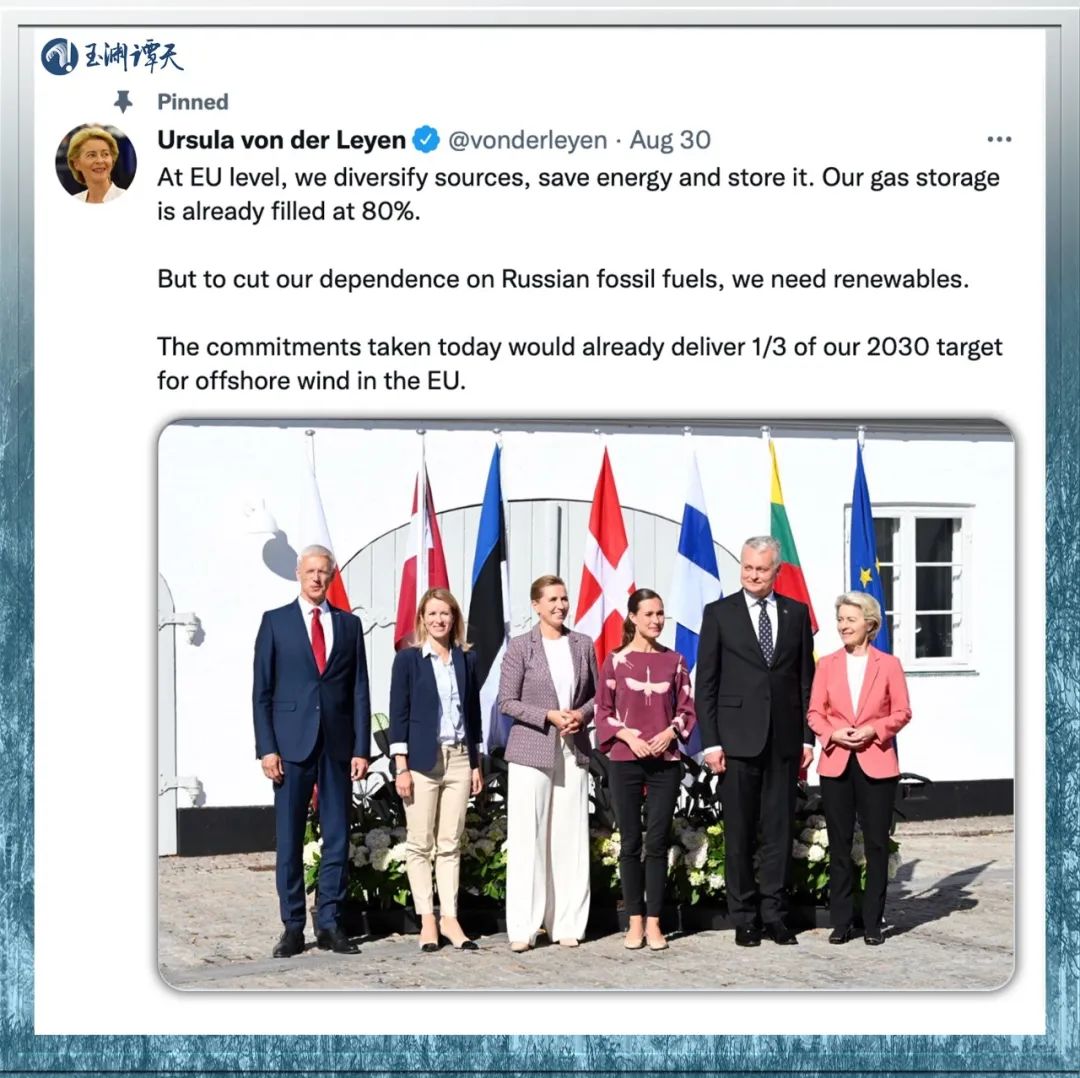
△ Ursula von der Leyen, President of the European Commission, posted the news that the EU’s natural gas reserve rate reached 80% on social media. From left to right, the photos are: Latvian Prime Minister, Estonian Prime Minister, Danish Prime Minister, Finnish Prime Minister, Lithuanian President and Ursula von der Leyen.
Due to the reduction of Russian gas supply, EU countries must find alternatives. After the escalation of the Russian-Ukrainian conflict, EU member States began to run around outside the European continent to buy natural gas:
In April, Italy frequently sent senior officials to Africa to find natural gas supply sources, and signed cooperation agreements with at least three countries;
In May, Italy was followed by Germany. German Chancellor Angela Scholz opened his first trip to Africa and visited three countries in succession.
In August, French President Macron visited Algeria, where relations were still deteriorating last year. The two sides began negotiations to increase the amount of natural gas supplied by Algeria to France by 50%.
……
When EU countries start to act separately at the same time, this is not a simple supply and demand problem, but will trigger a butterfly effect.
This is the same as the food crisis. If the grain production is reduced by 20%, the food price will not only increase by 20%, but will be infinitely high — — Everyone is worried that he will become the one who can’t eat food. Under the looting, food prices will continue to rise.
This is also directly reflected in the transaction price of natural gas. Now, for a transport ship full of liquefied natural gas, the cost of exporting from the United States is 60 million US dollars/ship, but the final transaction price of selling to Europe is as high as 275 million US dollars/ship.
At the same time, the benchmark Dutch natural gas futures price, known as the "wind vane" of European natural gas prices, broke through 300 euros/mwh in August, seven times that of the same period last year, and more than 10 times higher than the average price before the energy crisis.
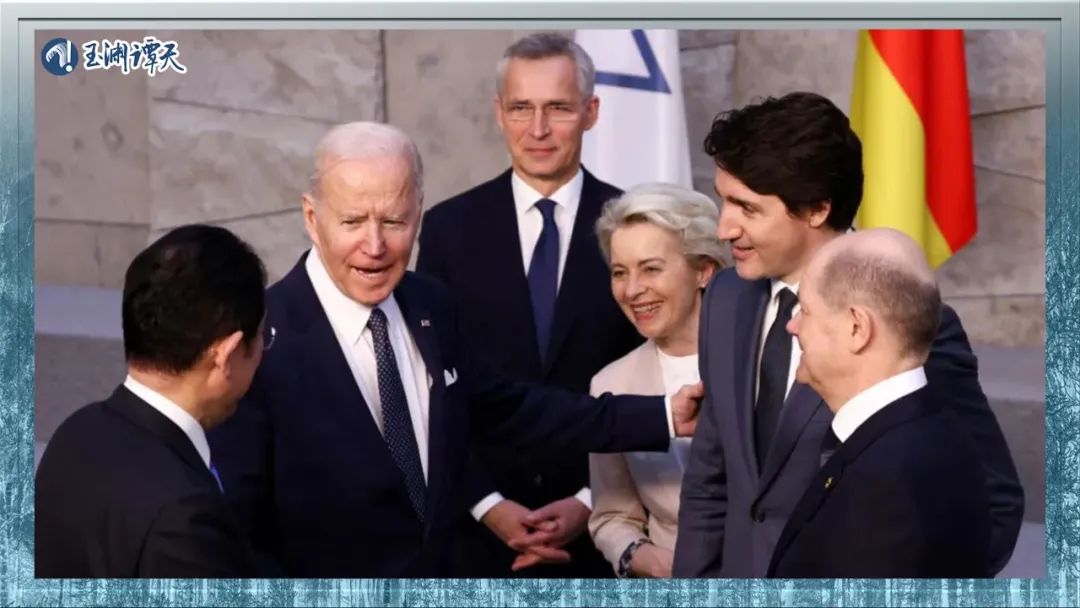
△ In March, Biden went to Europe to attend the NATO Special Summit, the G7 Summit and the EU Summit, and promised to export more LNG to Europe.
And it’s not just the price of energy itself that is being pushed up.
Due to the tight transportation of liquefied natural gas, as long as there are empty ships, they will be booked immediately. According to the data of the LNG freight price evaluation agency, the price of LNG carrier alone is more than twice that of the same period last year.
The rental price is high, and even the orders for shipbuilding are full. South Korea is the world’s largest producer of LNG carriers, and the shipyards here have no spare capacity to undertake new orders before 2027. With limited production capacity, the cost of new ships has increased by about 26%.
The up and down chains of the LNG market have all entered a situation of mutual price increase.
You know, these extra costs can all be borne by the buyer and the EU countries themselves. Without the tacit understanding of unified bidding and unified acquisition within the EU, the leverage of the global natural gas market will be "pried" to the European market.
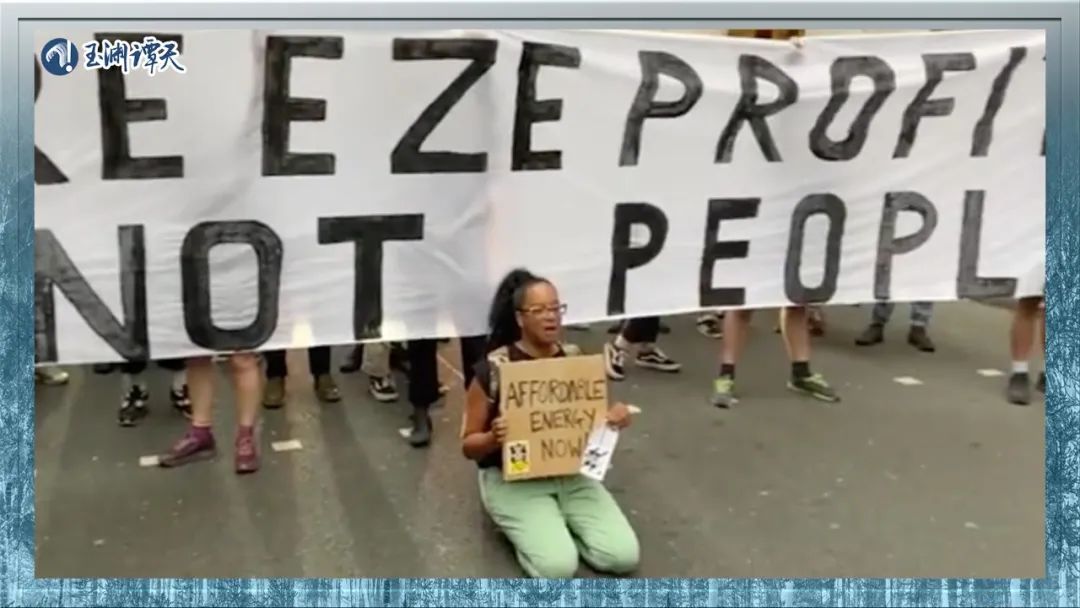
△ Britain launched a protest of "freezing profits, not people"
Since EU countries are "fighting each other" on the issue of "open source" and cannot coordinate and unify, the EU decided to find ways to intervene from "throttling".
More than a month ago, the EU proposed a new political agreement, according to which:
In order to ensure the security of energy supply in the EU, in the next eight months, EU member countries need to voluntarily reduce the demand for natural gas by 15% on the basis of the average consumption in the past five years. The saved natural gas surplus can be used for adjustment and supplement among countries.
However, after seeing the EU countries "hoarding gas" at all costs, this kind of fear for everyone makes the EU have to add half a sentence after "voluntary":
If there is a shortage of natural gas supply at that time, the EU will take compulsory measures to reduce the demand for natural gas.
According to the explanation of the EU, the reason for doing this is precisely because of the fear that the disharmony and contradiction among EU member States will distort the EU’s unified market.
The EU market is experiencing unprecedented chaos.
The word "compulsory" has also aroused great opposition from EU member States, and some countries directly questioned that the EU was suspected of "exceeding its authority".
Dong Yifan, a European economic expert at China Institute of Contemporary International Relations, told Tan Zhu,According to the operating mechanism of the European Union, it is not in line with EU law for the European Commission to unilaterally issue a policy and then ask other countries to enforce it..
From the standpoint of the EU, the original intention of the agreement is to let EU countries make the smallest possible collective concessions to keep the bottom line of EU energy security.
However, from the standpoint of EU member states, the policies introduced by the EU can’t actually match their own national conditions — — The dependence of each country on Russian natural gas is not the same, and the energy crisis caused by the conflict between Russia and Ukraine is not a crisis for some countries.
Spain’s natural gas source does not rely on Russian pipelines. Spain’s deputy prime minister and minister of ecological transformation said that he was unwilling to pay the economic price for non-Spanish problems.
Hungary, on the other hand, is the country with the highest dependence on Russian natural gas among EU member states — — It has reached 80% and cut expenditure by 15%, which cannot solve the energy crisis in Hungary at all.
The Hungarian Foreign Minister bluntly criticized, "This is an unreasonable, meaningless, impracticable and harmful proposal."
The European commission, both inside and outside, is not pleasing. However, in the face of crisis, the European Commission always has to show its role, which is why the EU has to put forward this policy even if it does not hesitate to cross the border.
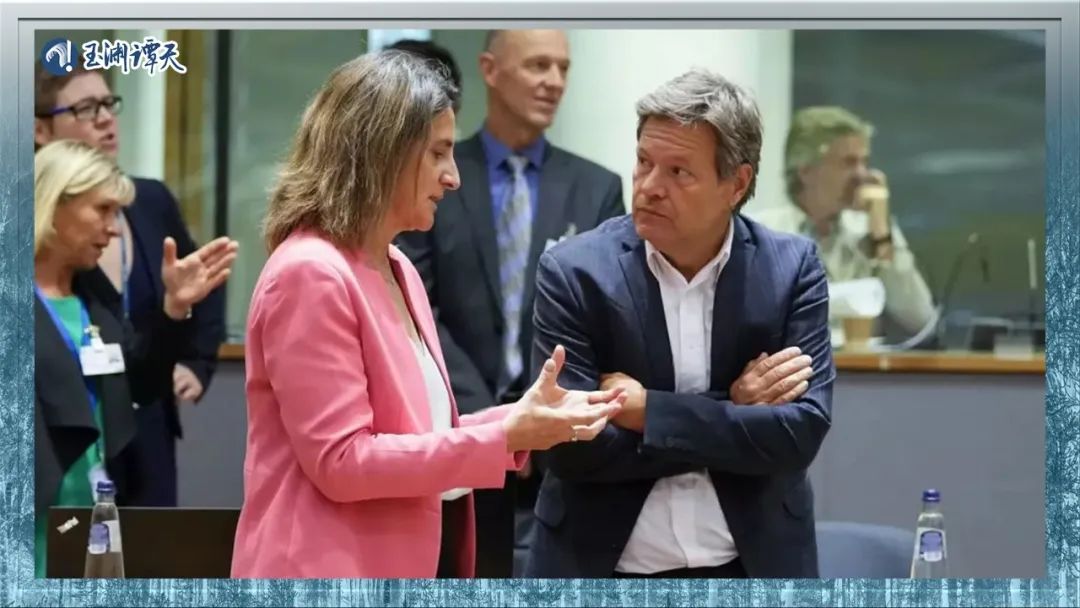
△ Before the meeting to finalize the final version of the agreement, the representatives of Spain and Germany had a point-to-point exchange.
Two weeks later, 15% of the throttling agreement was passed. But the final version is like this:
In case of supply shortage, member countries should reduce their demand for natural gas by 15%. At the same time, in view of the special circumstances of different member States, in order to improve the effectiveness of the implementation of the agreement, the EU has exempted some member States from part or all of their obligations.
The island countries of Ireland, Cyprus and Malta are not connected to the EU natural gas network. Even if they save natural gas, they cannot be used by other countries, and the obligation of throttling can be completely exempted.
The Baltic countries close to Russia, Estonia, Latvia and Lithuania, have not officially switched from the Russian power grid to the European Union power grid. Forced gas restriction may lead to direct interruption of power supply, and their obligations can also be exempted.
Countries whose natural gas reserve ratio exceeds the target, or whose energy structure is heavily dependent on natural gas, and whose natural gas consumption has increased by a large margin in the past year, can also be exempted from obligations. There are many countries that can be included in this article, including Czech Republic, Denmark, Poland, Bulgaria, Greece and Slovakia.
……
Counting down, the EU has a total of 27 member States, and the countries that can receive special care add up to about half.
The policy was introduced, but it was a severely shrunk version.
Evaluate this shrunk agreement from different perspectives:
As far as the EU as a whole is concerned, as long as any country fails to implement the agreement, the agreement will be meaningless, not only the preset goal cannot be achieved, but in the face of the crisis, once someone chooses to leave the collective and protect themselves, the collective will fall into a vicious circle of not suffering from widowhood but suffering from inequality;
For any EU member state, it is totally hoped that the other 26 member states can make concerted sacrifices in the face of the crisis, and the risks and costs that will be borne in the end are immeasurable.
This is a very embarrassing situation, and the decisions made by the EU are not beneficial, whether from the EU as a whole or from specific countries.
It can be said that the compromise mechanism of EU’s common decision-making has fallen into the prisoner’s dilemma — — When everyone covets the individual optimal solution, originally everyone can reach the suboptimal solution, but in fact only the suboptimal solution can be reached.
This fundamentally violates the logic of EU development.
Xu Qinhua, vice president of the National Development and Strategy Research Institute of Renmin University of China, told Tan Zhu,From the European Coal and Steel Community, to the European Economic Community, to the European Union, all member States areMake more connections step by step to achieve"Holding a group to keep warm"The purpose.
Member States choose to join the EU, because they want to use the power of integration to make up for the natural weakness of the single strength of each member state.
This is also the fundamental reason for the establishment of the European Union: the underlying logic of decision-making in the European Union, which grew up in peacetime, is upward choice — — Focus on maximizing common interests, move forward, and make up for the shortage of member countries with a unified market.
The establishment of the European Coal and Steel Community, the predecessor of the European Union, is a win-win situation in politics and economy for all member countries: on the one hand, it can expand the political influence of all member countries, especially the defeated countries in World War II, on the other hand, it can put its resources, industry and other potential into a larger unified market.
At that time, Europe was in real distress after being eaten away by the war. It was naturally a necessary choice for Europe to rely on each other and learn from each other in order to return to the pole of the international political arena.
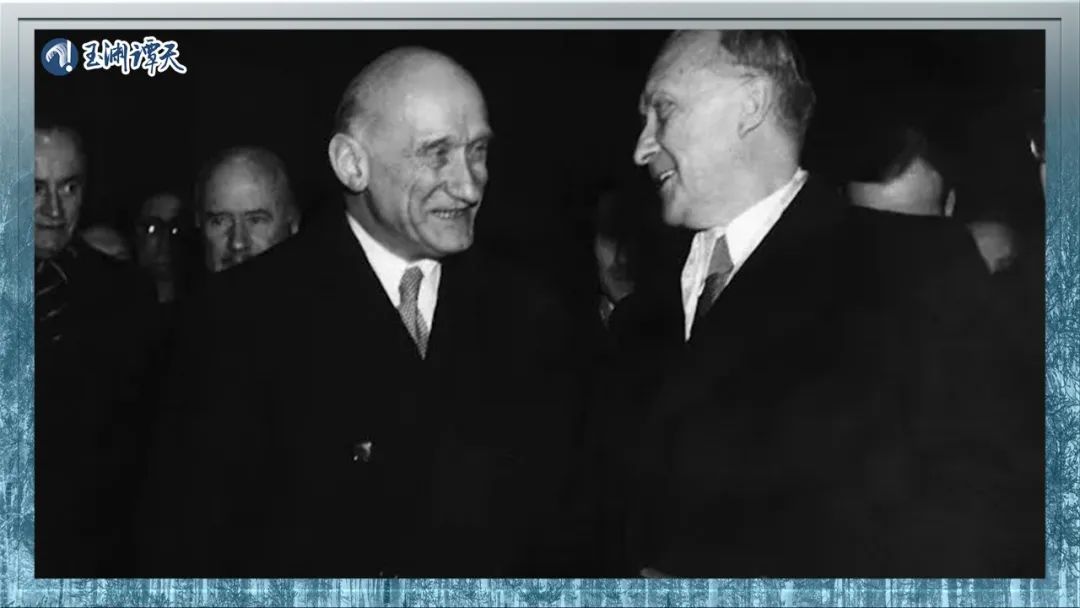
△ In 1950, then German Chancellor Adenauer (right) received visiting French Foreign Minister Schumann (left). After the war, France and Germany reconciled and reached an agreement on coal and steel production and reserves, which was the basis for the establishment of the European Coal and Steel Community.
Stimulated by the renewed war in the European continent, EU member states have long abandoned the original intention of European regional integration. They dare not hand over their "cards" to collective organizations, but try to find the "optimal solution" for themselves from the bottom line thinking.
As a result, the EU’s common policy can only focus on how to stop losses, rather than making member States better. That is to say, the EU’s common policy is not the least common multiple of the interests of all member States, but the greatest common divisor.
The fragile trust established by EU countries through integration after World War II was shattered in the face of the crisis, and there is a key factor behind this — — America.
After the end of World War II, the United States has been trying to "operate" in the European continent, treating different countries in Europe differently through the closeness of interests. In the process of interaction between the EU and the United States, the orientation of each member state is different, which will also lead to its inability to form a unified will.
The differences between EU member countries and the United States have allowed the United States to find a loophole and push the wedge into the trust foundation among EU countries.
Not far from Yin Jian, when the "Beixi -1" natural gas pipeline can’t supply gas, will the EU countries remember how the "Beixi -2" natural gas pipeline, which had been shut down before, was seized by the United States to split the EU?
You know, for a long time before, there was basically no trouble in the natural gas trade between Germany and Russia.
According to the United States, "Beixi -2" will threaten European energy security. For this reason, the United States has repeatedly encouraged some EU member States to oppose the construction of "Beixi -2".
Under such provocation, an energy cooperation project eventually became a victim of geopolitics.
This is just a microcosm of American involvement in the EU.
Not only that, the United States has further divided European countries through various circles.
It is worth noting that on the same day that the Russian side announced that the "Beixi -1" pipeline would not resume on schedule, the G7 countries led by the United States just announced that they agreed to impose a price cap on Russian oil.
After oil, the European Union is considering setting a price ceiling for Russian natural gas. Russia responded by saying that once the EU makes such a decision, Russia will no longer supply natural gas to Europe.
I wonder how those EU countries that are still busy with natural gas feel after seeing these two news.
Compared with the shortage of energy, today’s EU pays a greater price — — Failure of collective decision.
Winter is coming, and the retrogression of European integration is a bigger crisis than the shortage of energy.

















